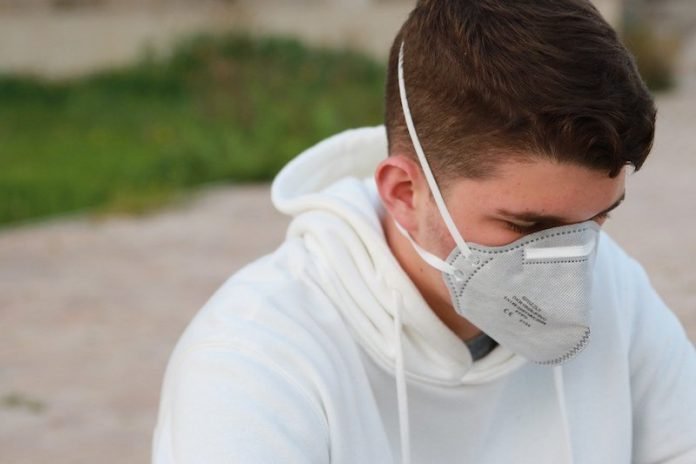
In a new study, researchers found a link between lower humidity and an increase in locally COVID-19 positive cases.
They discovered a 1% decrease in humidity could increase the number of COVID-19 cases by 6%.
This is the first peer-reviewed study of a relationship between climate and COVID-19 in the southern hemisphere.
The research was conducted by a team at the University of Sydney and elsewhere.
Previous research has identified a link between climate and the occurrence of SARS-CoV cases in Hong Kong and China, and MERS-CoV cases in Saudi Arabia.
And a recent study on the COVID-19 outbreak in China found an association between transmission and daily temperature and relative humidity.
The pandemic in China, Europe, and North America happened in winter so the team was interested to see if the association between COVID-19 cases and the climate was different in Australia in late summer and early autumn.
They found that lower humidity is the main driver in Australia, rather than colder temperatures. It means there may be an increased risk in winter in Australia when there is a drop in humidity.
But in the northern hemisphere, in areas with lower humidity or during periods when the humidity drops, there might be a risk even during the summer months.
The team says there are biological reasons why humidity matters in the transmission of airborne viruses.
When the humidity is lower, the air is drier and it makes the aerosols smaller.
When people sneeze and cough those smaller infectious aerosols can stay suspended in the air for longer. That increases the exposure for other people.
When the air is humid and the aerosols are larger and heavier, they fall and hit surfaces quicker.
Further studies—including during winter in the southern hemisphere—are needed to determine how this link works and the extent to which it drives COVID-19 case notification rates.
One author of the study is Professor Michael Ward, an epidemiologist in the Sydney School of Veterinary Science.
The study is published in Transboundary and Emerging Diseases.
Copyright © 2020 Knowridge Science Report. All rights reserved.



